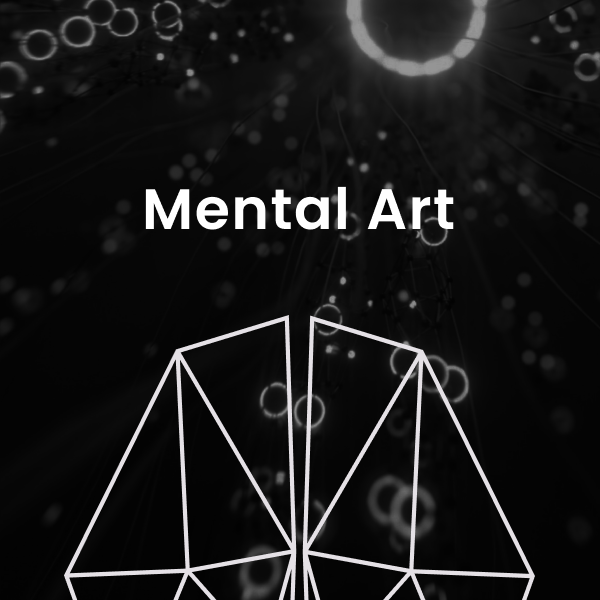

Can anyone define intuition?
3/13/2024From a psychological perspective, intuition is understood as a culmination of our well-developed life experience. When faced with familiar situations, our subconscious takes the reins, guiding us with ingrained habits and patterns. But how exactly do we acquire this wealth of life experience? It's a process that unfolds gradually over the years. It's a journey where the older we become, the greater our reservoir of experiences becomes. Every day, we accumulate knowledge, sharpen skills, and navigate emotions through the tasks and challenges we encounter. Thus, the presence of life experience becomes a defining characteristic, primarily marking mature individuals.
Psychologists delineate between practical and theoretical thinking as two immediate components of this life experience. Theoretical thinking, which forms predominantly in the early years, is shaped significantly by education, be it through formal schooling, higher education, or skill acquisition in the workforce. While it continues to evolve with age, it does so with less intensity than in younger years. On the other hand, practical thinking is forged through the accumulation of individual experiences garnered from everyday life tasks. This is why practical thinking is often associated with maturity. Unlike theoretical thinking, which undergoes rapid development in youth, practical thinking follows a more gradual trajectory through professional growth and encounters with diverse everyday situations. Consequently, the accumulation of life experience reaches its zenith in old age.
This intimate connection between life experience and wisdom is widely acknowledged, both in everyday consciousness and scientific discourse. Elder members of society are often esteemed for their wisdom, drawn from the oral traditions passed down through generations and sought out for guidance in navigating life's complexities. In psychological inquiry, wisdom is defined as reaching the pinnacle of understanding life's meaning and one's place within it. It's believed that unexpected events and psychological crises expedite the formation of life experience, culminating in wisdom in later years.
Life experience is multifaceted, embodying a plethora of social and psychological knowledge. It catalyzes more effective social behavior, empowering individuals to adeptly solve a myriad of everyday issues. A wise individual, drawing from this rich tapestry of experience, demonstrates the capacity to utilize correct knowledge and accurately interpret events unfolding both within themselves and in their interactions with others.




